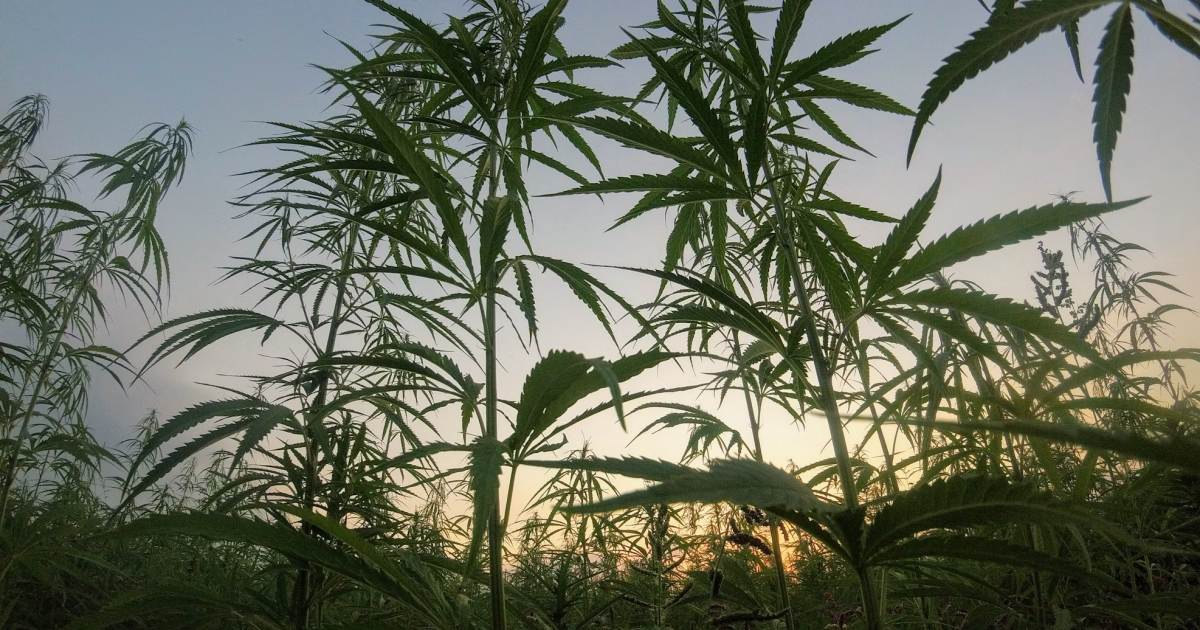
Assisted phytoremediation of perfluorinated alkyl substances with industrial hemp
End Date 28/02/2026
Email patrizia.brunetti@cnr.it
The project “Assisted phytoremediation of perfluorinated alkyl substances with industrial hemp: physiological and molecular analyses combined with innovative non-invasive analytical methods” explores the potential of industrial hemp (Cannabis sativa L.) for phytoremediation of PFAS-contaminated agricultural soils, particularly focusing on persistent pollutants like PFOA and PFOS. The study integrates several approaches:
- Analysis of plant development by different Cultivation methods (in vitro, hydroponic and mesocosm) to evaluate PFAS accumulation and Biomass Utilization: Hemp’s efficient root uptake, translocation, and high biomass production could enable pollutant extraction while providing bioenergy feedstock.
- Molecular and Genetic Analysis: High-throughput RNA sequencing, qRT-PCR, and epigenetic assays will identify key genes involved in PFAS response, including chromosomal and transcriptomic alterations.
- PFAS Localization and Plant Responses: Advanced imaging techniques such as micro-XRF and hyperspectral imaging (HSI) will be used alongside conventional methods to track PFAS accumulation and detect plant physiological changes.
- Optimization of soil phytoremediation: The application of humic acids aims to enhance root development and phytoremediation efficiency, supporting the development of a practical phytoextraction protocol.
Overall, this multi-disciplinary approach seeks to advance phytoremediation strategies and provide molecular insights into plant-PFAS interactions.

